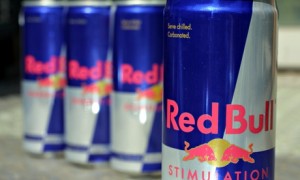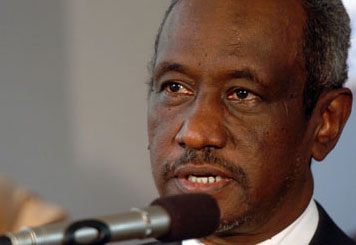 ENERGY drinks will become a significant public health problem if their use among young people is not addressed through a cap on caffeine levels and restrictions on their sale and marketing, United Nations researchers have warned.
ENERGY drinks will become a significant public health problem if their use among young people is not addressed through a cap on caffeine levels and restrictions on their sale and marketing, United Nations researchers have warned.
The World Health Organisation (WHO) study said the primary risk was from high caffeine levels, which can cause problems such as palpitations, hypertension, vomiting, convulsions and in extreme cases heart failure leading to death. The paper, published in Frontiers in Public Health on Tuesday, will add to concerns about the harmful effects of excessive energy-drink consumption.
João Breda, from WHO’s Regional Office for Europe, and colleaguesThe researchers wrote that caffeine has a proven negative effect on children.
They said: “The full impact of the rise in popularity of energy drinks has not yet been quantified, but the aggressive marketing of energy drinks targeted at young people, combined with limited and varied regulation have created an environment where energy drinks could pose a significant threat to public health.”
Global sales of energy drinks surged from £2.4bn in 1999 to £17.3bn in 2013, according to Euromonitor. Red Bull is the UK’s third bestselling soft drink. Although some coffees have comparable levels of caffeine, energy drinks can be drunk cold and therefore more quickly.
The WHO study, a review of the literature, said there was also a proliferation of new products containing “extreme” caffeine levels, far higher than mainstream brands. Energy drinks also include other ingredients such as guarana, taurine and B vitamins, which the WHO researchers say require further investigation, including into their interaction with caffeine.
The paper, which does not represent WHO policy, said there was growing evidence of harm due to consumption of energy drinks with alcohol. A European Food Safety Authority study found that over 70% of 18- to 29-year olds who drink energy drinks mix them with alcohol.
The study authors said research has shown this is more risky than drinking alcohol alone, possibly because energy drinks make it harder for people to notice when they are getting drunk even though there is no reduction in intoxication.
They said energy drinks had also been linked to dangers when combined with physical activity – despite often being marketed as boosting sports performance – and to obesity and dental cavities. Haroon Siddique / The Guardian





















